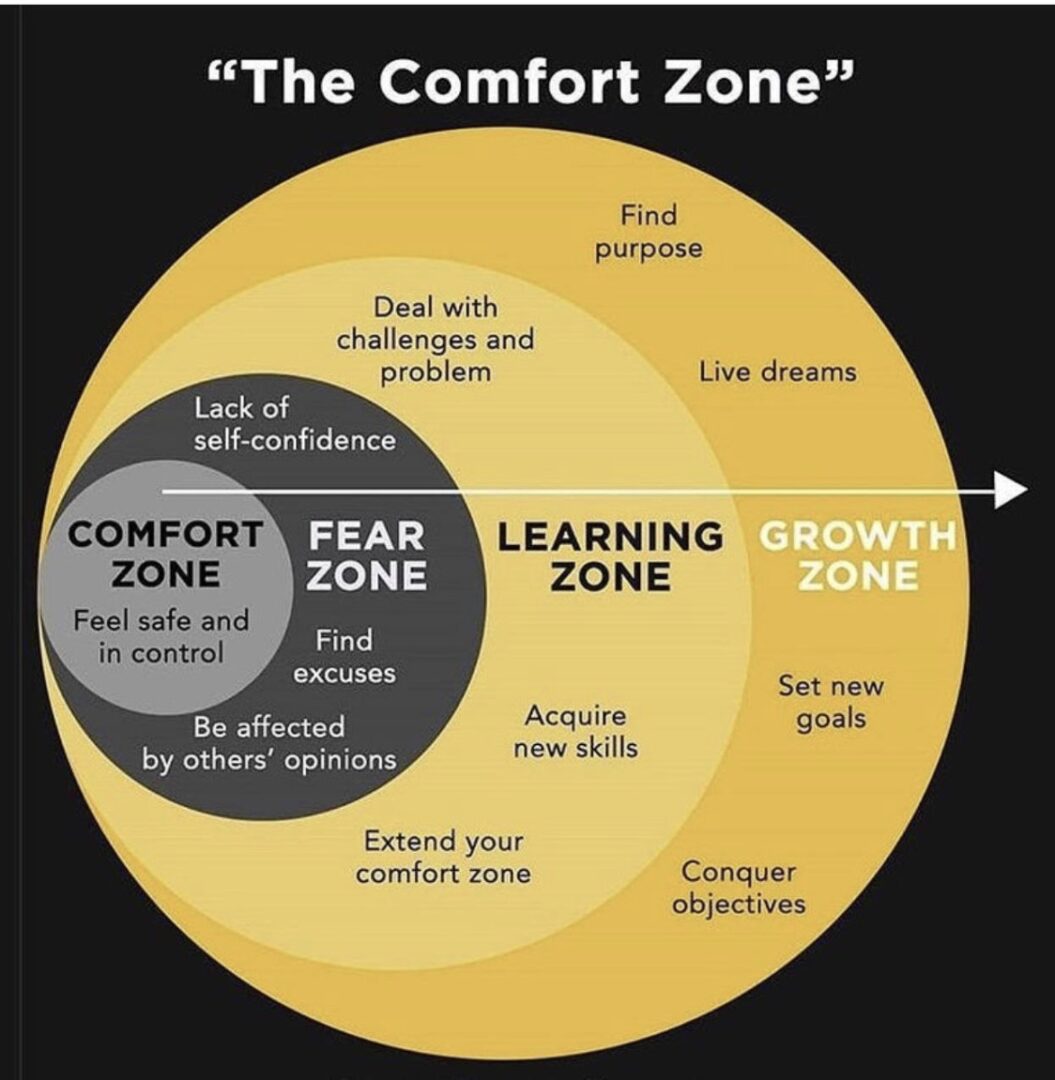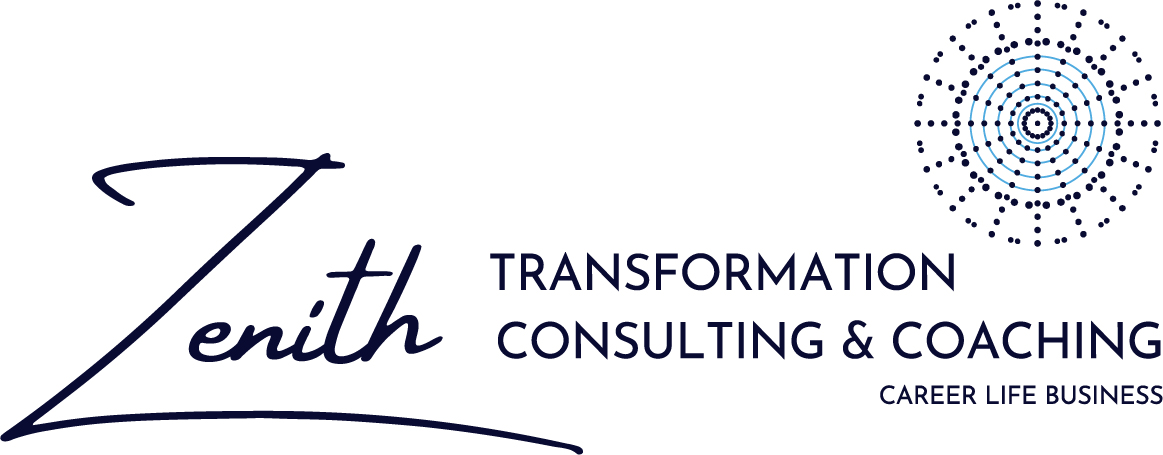Business Coaching
Business and organisational leaders, managers, professionals, and individuals engage coaches to advance their careers and enhance their personal lives. But what exactly is coaching?
The International Coaching Federation (ICF) defines coaching as partnering in a thought-provoking and creative process that inspires people to maximise their personal and professional potential. The coaching method often unlocks previously untapped sources of imagination, productivity, and leadership.
You might think of coaching as going on a road trip with a supportive passenger riding along with you. As you drive, your coach accompanies you, assisting you on your journey to reach your destination. You are in control of the car and where it's going—the same way you control your life, destiny, decisions, and future.
Partnering with a coach means that you’re in the driver’s seat. As a coach, I will support accountability and self-awareness in your life, as well as help you gain new perspectives. The questions I’ll ask aren’t aimed at getting the desired answers, but to encourage you to explore meaningful thoughts that can help you reach new levels of depth and performance.

What Coaching Is NOT
Coaching is different from mentoring or therapy. A mentor provides subject matter expertise, wisdom, and guidance based on their own experiences. Therapy deals with healing pain, trauma, dysfunction, or conflict of some kind, typically to resolve difficulties that impair an individual's emotional health and psychological functioning.
I am a coach, and I focus on helping you draw upon your own experiences and capabilities to set and reach your objectives. A coach is the expert in the coaching process, but you are the expert on your life journey.
Working with me will help lead you to greater personal and professional fulfillment.

Conflict Coaching
Are you finding it hard to negotiate beneficial outcomes in some areas of your life or business dealings? The sessions I provide will often produce long-lasting positive change in all facets of your life. My coaching service is conducted in a respectful, nonjudgmental, and supportive way.


Counselling/Conflict Resolution
Counselling may be a helpful antidote when personal conflict leads to frustration and loss of efficiency. Although few organisations can afford the luxury of having professional counsellors on the staff, managers may be able to perform this function, given some training. Nondirective counselling, or "listening with understanding," is little more than being a good listener – something every manager should be.
Sometimes the simple process of being able to vent your feelings – that is, to express them to a concerned and understanding listener, is enough to relieve frustration and make it possible for you to advance to a problem-solving frame of mind and be better able to cope with a personal difficulty that is affecting your work adversely. The nondirective approach is one effective way for managers to deal with frustrated subordinates and co-workers.
More direct and more diagnostic ways might be used in certain circumstances. The great strength of the nondirective approach (nondirective counselling is based on the client-centred therapy of Carl Rogers), however, lies in its simplicity, its effectiveness, and the fact that it deliberately avoids the manager counsellor's diagnosing and interpreting emotional problems, which would call for special psychological training. No one has ever been harmed by being listened to sympathetically and understandingly. On the contrary, this approach has helped many people cope with problems that were interfering with their effectiveness on the job.
Career Coaching/Mentoring
Career coaching and mentoring are targeted to your needs, since each and every individual has a unique set of circumstances.
We can spend a lot of time at work, so when the job we are doing does not match our needs, capabilities, or interests, it can affect our health and well-being. Career coaching can bring a new perspective on what's been happening with your work choices in the past and the decisions you are making right now. Talking to me will help you to review your work situation and clarify your direction. You might not be looking at a change of work but how to manage your current work demands or even a new role.
Our working life is much like the rest of our life. We make decisions based on a unique set of circumstances and opportunities at any point in time. If all of us had 20:20 vision in hindsight, we might have made different decisions, but they would never be perfect, as there is no such thing as an ideal career or a perfect life.
Suppose you are looking at a change in direction. In that case, we explore realistic work and further training options for now and the near future, considering 'where the jobs are', in addition to your other needs, such as financial commitments, capabilities, family responsibilities, location, and energy for change. My approach is to take a comprehensive look at your work-life history, track how you came to be where you are now, and identify areas of dissatisfaction or concerns with your current work situation. Usually, one or two sessions are enough.
Career coaching and mentoring is offered more regularly, addressing specific issues in an existing role or organisation. The difference between career coaching and mentoring is that in coaching, you will not be provided solutions but rather probing questions for you to reflect upon so you can set a plan or direction. Whereas in mentoring, you are provided with solutions that you may consider and act upon if you decide that it's an appropriate course of action.



Areas of focus
Work Direction- Work Stress - Burnout - Loss of Motivation - Job Dissatisfaction- Redundancy- Resume Preparation - Job Search Skills - Bullying and Harassment - Workplace Conflict- Transition to Retirement
I have a particular interest and experience in providing career support services to developing executive members who are moving through the ranks, had a recent promotion, or are learning to handle being part of the leadership team and reporting to a board of directors.
